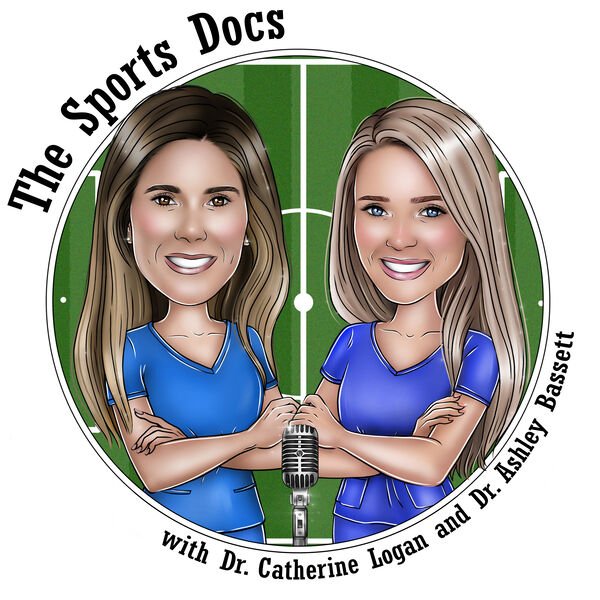Episode 69: Yoni Rosenblatt, PT, DPT, OCS: Rehab Tips & Tricks after Shoulder Stabilization Surgery - Part I
On today’s episode we’re focusing on post-op rehab after shoulder stabilization surgery with Dr. Yoni Rosenblatt, a physical therapist at True Sports PT in Baltimore, Maryland. We have some great articles for you that contribute well to our conversation on shoulder instability rehabilitation. As always, links to all of the papers that we discuss on this show can be found on our podcast website – www.thesportsdocspod.com
We’ll start off our discussion today with an article from the Journal of Sports Rehabilitation in October 2019 titled “A Clinical Comparison of Home-Based and Hospital-Based Exercise Programs Following Arthroscopic Capsulolabral Repair for Anterior Shoulder Instability.” This prospective study evaluated 54 patients who underwent shoulder stabilization surgery followed by a home-based PT program versus hospital-based PT program starting 4 weeks post-op to 6 months post-op. While they did not report range of motion in this study, the authors reported no difference in patient-reported clinical outcome scores at any timepoint in recovery. The authors concluded that use of a controlled home-based exercise program is as effective as hospital-based rehab after shoulder stabilization surgery. More on our thoughts on that later…
Then, from JSES last month, we review an article titled “Cross-Education Effects on Shoulder Rotator Muscle Strength and Function After Shoulder Stabilization Surgery.” This RCT included 28 patients who underwent arthroscopic shoulder stabilization surgery. Patients were randomly assigned to standard rehab with or without the addition of cross-education. The cross-education group received isokinetic training with the non-operated shoulder focusing on the rotator cuff muscles. At 6 months post-op, patients in the cross-education group demonstrated significantly greater cuff strength but functional outcomes between the groups were equivalent. The authors suggest that cross-education may improve dynamic shoulder stability but not the functional capacity.
We wrap up with an article from the 2022 issue of IJSPT titled “The Effect of Blood Flow Restriction Therapy on Shoulder Function Following Shoulder Stabilization Surgery: A Case Series.” The study included 20 military cadets who underwent shoulder stabilization surgery and completed 6 weeks of upper extremity BFR training beginning post-op week 6. While there was no comparison group, the authors reported significant and clinically meaningful improvements in shoulder strength, self-reported function and upper extremity performance following BFR training.
We are joined today by Dr. Yoni Rosenblatt, a physical therapist at True Sports PT in Baltimore, Maryland. Yoni received his Bachelors in Kinesiological Sciences from the University of Maryland in College Park. He went on to complete his doctorate of physical therapy at the University of Maryland in Baltimore. Yoni has received numerous additional certifications, including the Selective Functional Movement Assessment (SFMA), a Certified Strength and Conditioning Specialist (CSCS) and an Orthopedic Certified Specialist (OCS). He is also highly skilled in manual therapy and advanced dry needling techniques.
Yoni is the Director of Sports Medicine for Israel National Lacrosse and is a physical therapist for the Israel National Baseball team, competing in the 2017 World Baseball Classic. Yoni also hosts his own sports medicine podcast – the True Sports PT Podcast – which you should definitely check out for all sorts of rehab tips and tricks.
